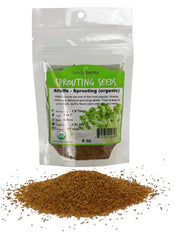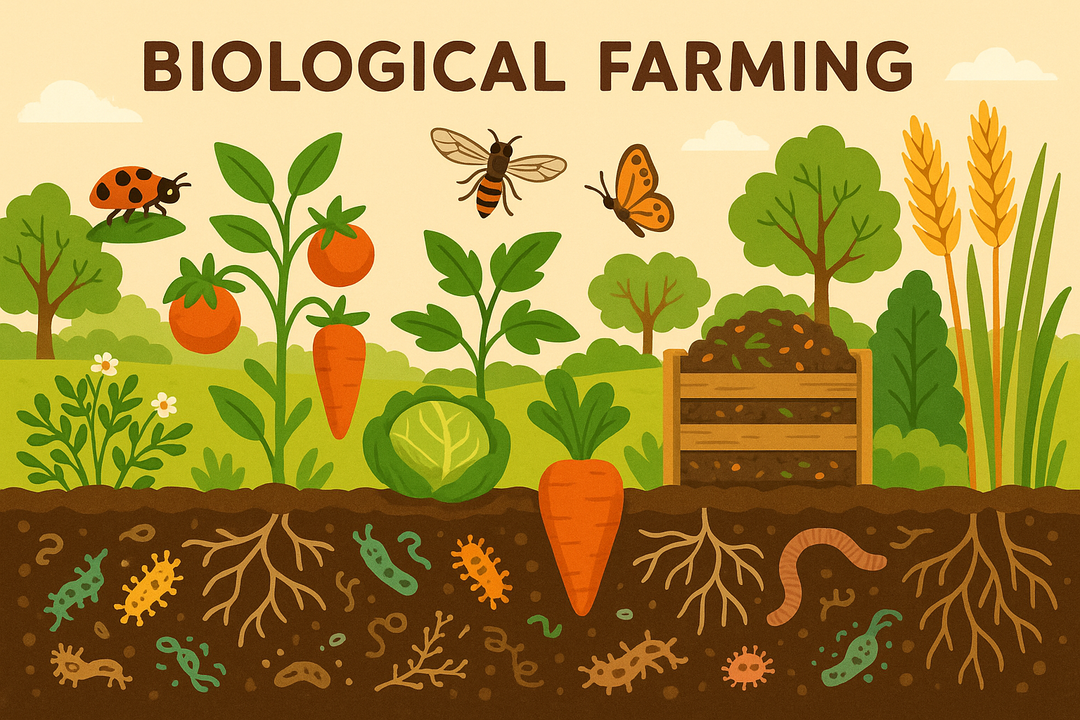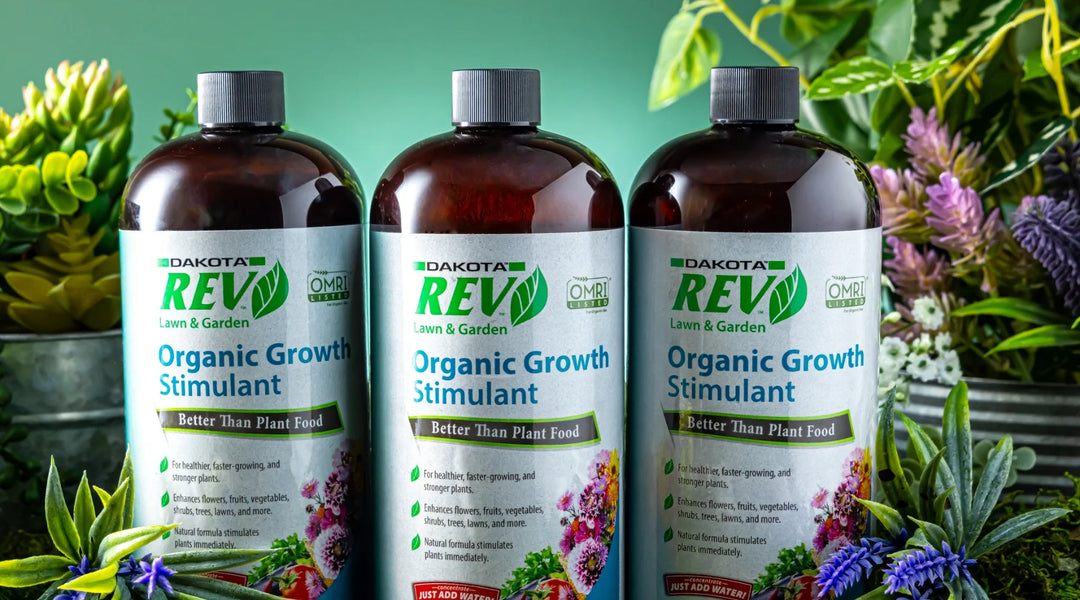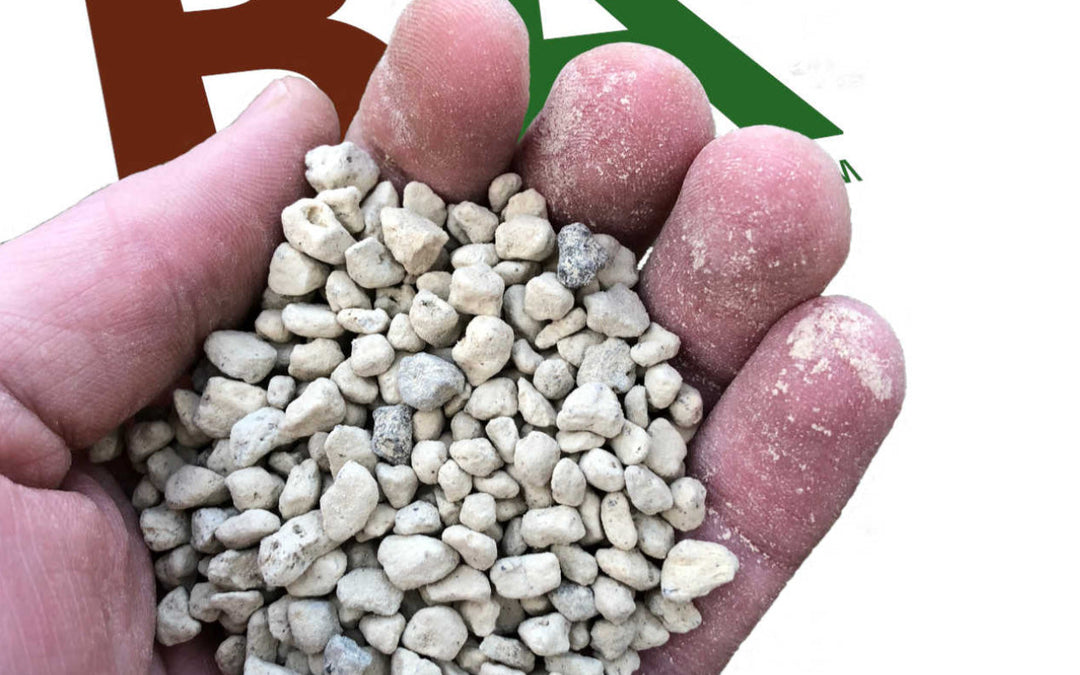Why We Love Alfalfa Sprouting
Imagine a garden bursting with possibility and new life, with gorgeous budding plants and the beginnings of baby sprouts as far as the eye can see. Among all your favorite plant varieties lies a true gem: the humble alfalfa seed.
You may have heard of microgreens, perhaps while perusing a restaurant menu or walking through the produce stands at your favorite farmers’ market. Among other sprouting favorites, alfalfa sprouts are some of the most popular microgreens. These tiny treasures are more than just decorations on a plate – they're a powerhouse of nutrients and flavor, ready to add a fresh twist to any dish.
Why Sprout Alfalfa Seeds?
Alfalfa sprouts are not only great for the added texture, color, and taste of a dish, but they pack a nutritional punch that’s more powerful than you’ll get from many other fruits and vegetables. During the alfalfa sprouting process, seeds are able to release their concentrations of certain vitamins and minerals. Typically, plants in their sprout phase are the most nutritionally dense they will be in their life cycle, making them the perfect addition to your diet.
Alfalfa sprouts have lots of health benefits and are particularly rich in:
- Vitamin K
- Vitamin C
- Folate
- Copper
- Iron
The vitamins and minerals listed above, along with many others present in alfalfa, have many health benefits. Additionally, alfalfa sprouts are rich in fiber and antioxidants, adding to their benefits. Alfalfa sprouting is a great way to add an extra boost of nutrition to each and every meal.
Another reason we love alfalfa sprouting is because it’s quick and sustainable. Once you begin the planting process, it only takes a matter of days before they are ready to harvest. If you’re having a dinner party on Saturday and start the alfalfa sprouting process the previous Monday, there’s a good chance you will have fresh, homegrown microgreens to impress your guests.
How Do I Use Alfalfa Sprouts?
Alfalfa sprouts are incredibly versatile and can be used in tons of different ways to add texture, variety, and nutritional value to your meals. Two classic ways to use alfalfa sprouts are in salads and sandwiches. Adding a fresh, crisp crunch to your sandwich really takes things to the next level. Whether you’re enjoying your favorite chicken salad sandwich recipe or a classic ham and cheese, adding some alfalfa sprouts is guaranteed to up your sandwich game.
Adding alfalfa sprouts to salads truly takes it from ordinary to extraordinary. Start by gathering your favorite lettuce, alfalfa sprouts, and bold herbs like cilantro, basil, or parsley. Chop up these elements together to make a new base for all your favorite salads. The herbs add complex flavors, and the alfalfa sprouts add texture, earthiness, and extra vitamins and minerals.
Aside from salads and sandwiches, we love using alfalfa sprouts in:
- Stir-fry
- Soup or chili toppings
- Smoothies
Non-Culinary Uses for Alfalfa Sprouts
A fun fact about alfalfa sprouting is that it’s not always used for culinary purposes. In fact, alfalfa plants have been used for generations to promote healing in many communities. For example, traditional Chinese medicine utilizes alfalfa plants for clearing sinuses during allergy season because they have natural antihistamine properties. Some cultures make salves and balms out of alfalfa, often used for wound healing and health promotion. Whether you use alfalfa sprouting for eating or nontraditional medicinal purposes, it’s easier than ever to get started.
The Alfalfa Sprouting Process
Alfalfa sprouting is similar to sprouting other microgreens at home. The first thing that you have to consider is where and how you want to start the alfalfa sprouting process.
There are several different methods, some of which are suitable indoors or outdoors. If you’re experiencing cold temperatures, it’s probably best to start indoors. However, in mild spring, summer, or fall temperatures, microgreen sprouting outdoors can be just as successful.
Fortunately, there are some great sprouting kits available that have basically everything you need to get started. They are straightforward, affordable, and will produce great results. You can also use household items, making the process even more affordable. A simple Mason jar with a special lid for draining is perfect for a beginner.
From there, the process is as simple as soaking your seeds for 4 to 24 hours, then draining them and allowing them to sprout on some sort of growing medium. This can be as simple as a paper towel, but you can also use cheesecloth or special growing mats. Allow your seeds to get some sunlight, humidity, and warmth, and voila! You just grew your very own alfalfa!
Troubleshooting Tips for Alfalfa Sprouting
The two most common problems that beginners run into with alfalfa sprouting are mold or mildew and slow germination. But don’t worry; both are easy to troubleshoot.
Mold and mildew can happen if there’s too much moisture and your seeds aren’t properly draining. Signs of mold and mildew can be black spots that might look similar to other plant diseases, like tomato rot, discolored sprouts, or an abnormal smell. If you encounter any of these, it’s best to start the process over. When you try again, make sure your growing medium has proper drainage and that your grow area gets plenty of sunlight and ventilation.
The other big issue that frustrates some growers is slow germination. Finding the proper conditions for seed germination can involve a bit of trial and error. Fortunately, since the alfalfa sprouting process happens within a few days, finding new growing methods and adjusting your variables can be simple and quick.
If you find that your microgreens aren’t sprouting at all after soaking them, try soaking them for a little bit longer. Though 4 hours can be adequate for some seeds, a full 24 hours are needed for others. To start, try something in the middle, around 10 to 12 hours. If your seeds are germinating but not growing once placed on their growing medium, they likely need a bit more humidity or sunlight.
Your Alfalfa Sprouting Journey
From nutritional richness and culinary possibilities to medicinal properties and more, alfalfa has proven itself to be transformative and versatile. Alfalfa sprouting is easy for beginners and can even be a great way for children to learn about plant life cycles. Incorporating these magical microgreens into your life is easy, fun, and, most importantly,










Leave a comment